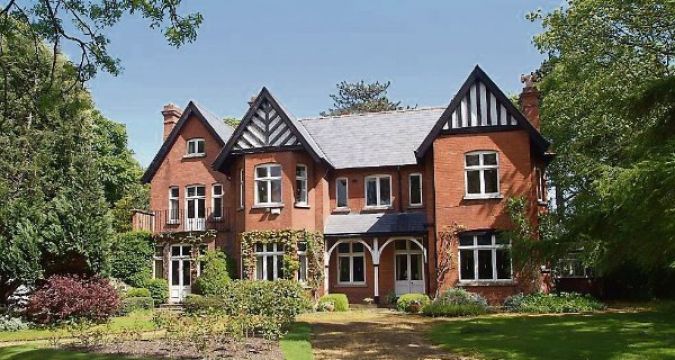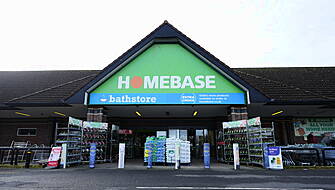A company owned by bankrupt developer Sean Dunne's son John should pay €270,000 stamp duty - and not €1.4 million assessed by Revenue - on the sale of what was once the country's most expensive house, the High Court has heard.
Walford on Shrewsbury Road, Ballsbridge, Dublin, was bought in 2005 for €57 million in trust by Mr Dunne for his now ex-wife Gayle Killilea.
It was held in trust by a nominee of Ms Killilea until 2013 when it was sold for €14 million to Yesreb Holding, a Cypriot company owned by John Dunne and held for the benefit of John and his three siblings. It was later sold for €14.25 million to another trust, Celtic Trustees, which was set up by financier Dermot Desmond for the benefit of his children.
Yesreb paid €270,000 in stamp duty based on the 2013 purchase price. But in 2016 Revenue assessed the amount payable, inclusive of the €57 million 2005, price at around €1.4 million.
Yesreb appealed and a tax appeals commissioner in 2019 upheld the Revenue assessment. The appeals commissioner then stated a case to the High Court to determine if she was correct in law.
The hearing began before Mr Justice Tony O'Connor on Thursday.
Tax relief
The appeals commissioner asked the judge to decide whether she was correct in deciding that conditions required under Section 46 of the Stamp Duty Consolidation Act 1999 were not met by Yesreb, which meant it could not avail of tax relief on what was the sub-sale of Walford.
She also asked the judge to decide if she was correct that Yesreb was "the accountable person" under stamp duty law in the 2013 sale and whether she was right where, in determining sub-sale stamp duty relief does not apply, that Yesreb as sub-purchaser was liable for that duty on the first 2005 sale.
Grainne Clohessy SC, for Yesreb, urged the judge to find the appeals commissioner was wrong in her interpretation of the stamp duty law.
The practice of holding property for several years without going through conveyancing was long established, she said.
It is widely used by builders who buy a piece of land and holding off on conveyancing until houses have been built. This meant stamp duty only had to be paid once on the transfer and that was on the sale of each house to its purchaser, counsel said.
The Revenue had argued that tax relief was not available on the sub-sale in this case, and the appeals commissioner confirmed that, but it meant her client Yesreb had to pay stamp duty on the combined price of both sales, nearly €72 million.
Jacqueline O'Brien SC, for the Revenue Commissioners, argued there were two underlying contracts in this case, the first in 2005 and second in 2013 and stamp duty was assessed on the deed of conveyance of 2013, she said.
Stamp duty is charged on deeds, not on transactions and absent of Yesreb qualifying for relief on the sub-sale, then the duty is payable on the entire sale, she said.
Counsel also said this was not an "arms length contract" but an arrangement where money never changed hands but where €14 million was loaned by Gayle Killilea.
The hearing continues on Friday.







